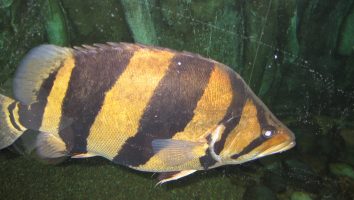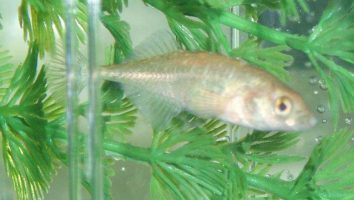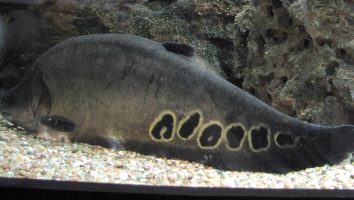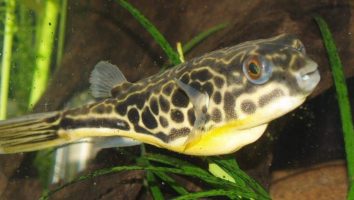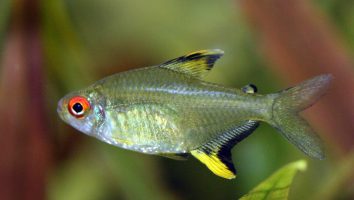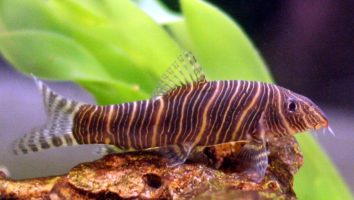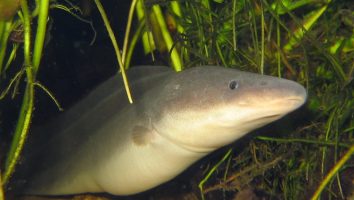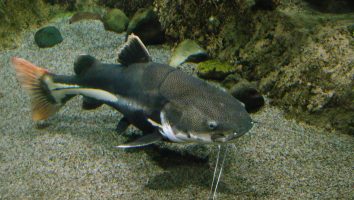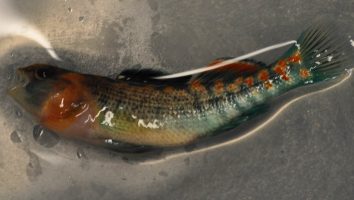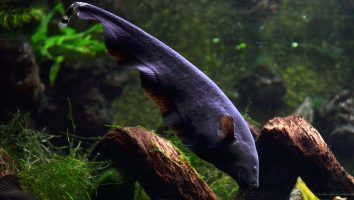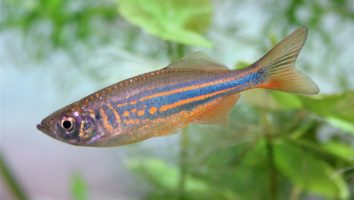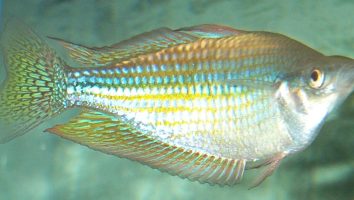
Overview of Fish Keeping
Fishkeeping is an enjoyable and rewarding hobby that can be enjoyed by people of all ages. It is a great way to learn about nature and the environment, and it can also provide hours of enjoyment and relaxation. Keeping fish can be a great way to meet new friends and create a sense of community. Whether you’re just starting or have been keeping fish for years, there are a variety of species that are ideal for beginners.
When starting, it is essential to consider the type of fish you would like to keep. Generally, smaller and hardier species are preferred for beginners. Some popular choices include goldfish, guppies, and platies. These types of fish tend to be less sensitive to water quality and are more tolerant of fluctuations in temperature and pH.
It is also essential to consider the size of the tank when selecting fish. The tank should be large enough to accommodate the fish you plan to keep. Additionally, a larger tank typically provides a more stable environment for fish.
Finally, when selecting a fish, consider the type of care it requires. Some species may require more frequent water changes or other specialized care. It is important to research the fish species before purchasing to ensure it is compatible with your level of experience.
When finding the best fish for beginners, there are a few key factors to consider. First, you want to look for a fish that is relatively easy to care for and can thrive in a beginner aquarium setup. Second, you want to find a fish that is visually appealing and will be enjoyable to watch in their new home. Lastly, you want to ensure the fish you choose is compatible with other fish in the aquarium.
Fortunately, there are plenty of great fish options for beginner aquariums. Here are some of the best, most popular beginner fish:
Goldfish
Goldfish are one of the most popular aquarium fish for beginners. They come in a variety of sizes and colors, making them an excellent choice for both small and large tanks. Goldfish can be easy to care for and are hardy enough to survive even in less-than-ideal conditions. They are also very social, interactive fish that can be great companions for novice aquarists.
Goldfish require a well-maintained tank with plenty of oxygen. A good filtration system is essential to keep the water clean and healthy. They prefer temperatures between 65-75°F and can tolerate a wide range of pH levels. Proper nutrition is also key, and a variety of fish food should be included in their diet to keep them healthy and happy.
It’s important to note that goldfish can grow quite large, so it’s important to research which type of fish is best for the size of your tank. Goldfish can also be messy, so regular water changes are essential to keep their tanks clean and in good condition. With proper care, goldfish can live up to 10 years or longer.
Betta Fish
Betta fish, also known as Siamese fighting fish, are one of the most popular fish for beginners. They are colorful, hardy, and relatively easy to care for. Betta fish do not require a large aquarium and are one of the few fish species that can survive in a smaller tank, making them ideal for those just getting started with fishkeeping.
Bettas are social fish but can be territorial and aggressive towards each other. Therefore, it is not recommended to have more than one Betta in a tank. Betta fish can live in a variety of water temperatures and pH levels, so they are relatively easy to care for. As far as diet goes, Betta fish are omnivorous and can be fed a variety of foods, including bloodworms, brine shrimp, and dried pellet food.
Overall, Betta fish are a great option for those just starting in fish keeping. They are easy to care for, colorful, and entertaining to watch.
Guppies
Guppies are one of the most popular fish for beginners, and for good reason. They are hardy and easy to care for, and come in a wide range of colors and patterns. Guppies are live-bearing, which means that they don’t lay eggs like other fish, and instead give birth to fully formed fry. This makes them a great choice for folks who don’t have the time or money to invest in an elaborate breeding program. Guppies are also quite peaceful, and can live in groups with other guppies and other peaceful fish. They are usually shy and skittish, but they can become quite bold and active when they feel safe and comfortable.
Guppies do prefer a well-planted aquarium with plenty of hiding places, but they are flexible and can also live in tanks with very little decoration. They like clean water and should be fed a variety of foods including flakes, pellets, and live or frozen foods. Guppies can live for a few years if kept in good conditions, so they are a great choice for anyone who wants to keep fish for the long term.
Neon Tetras
Neon Tetras are a great fish for beginners to start with. They are small, colorful, and peaceful fish that can be kept in a variety of tank sizes. They are also very hardy and can survive in a wide range of temperatures and water conditions.
Neon Tetras are native to the tropical rivers of South America. They are a schooling fish, so it’s best to keep at least six of them in the tank. They prefer tanks with plenty of plants and hiding spots, as well as a darker substrate. They should be fed a varied diet of flakes, freeze-dried and live foods.
Neon Tetras are an excellent choice for beginners because they are easy to care for and very hardy. They are also very beautiful and add a lot of color to an aquarium. With the right care and setup, Neon Tetras can make a great addition to any beginner’s aquarium.
Set-up Considerations
Setting up an aquarium for fish is an exciting and rewarding experience, but it does require some planning and consideration. Beginner aquarists should take the time to research what type of set up is best for their particular species of fish. Here are some things to consider when setting up an aquarium for fish:
- Tank size: The size of the tank will determine how many fish you can keep and the types of fish that are suitable for the tank. Generally, larger tanks are better for beginners as they are easier to maintain and provide more space for fish to swim and explore.
- Filtration: A good filtration system is essential for keeping your aquarium clean and healthy. It is recommended to have both a mechanical and a biological filtration system in place.
- Water quality: In order to keep the water in your tank clean and healthy, you will need to test the water parameters regularly. This includes testing the pH, ammonia, nitrite, and nitrate levels.
- Lighting: Lighting plays an important role in the health of your fish. Make sure to provide adequate lighting for the type of fish you have in your tank.
- Substrate: Substrate is the material that lines the bottom of your tank and provides a place for beneficial bacteria to grow. Different types of substrate are available, so make sure to choose one that is suitable for the type of fish you are keeping.
By doing your research and taking the time to consider these set-up considerations, you can ensure that your aquarium is a healthy, safe, and enjoyable environment for your fish.
Feeding and Care Guidelines
Regarding the care and feeding of fish, there are some basic guidelines that all beginners should follow.
First, it’s important to remember that each type of fish has different dietary needs and requirements. When selecting a fish, research the type of fish and determine its dietary needs. Once you’ve determined the food requirements of the species, develop a regular feeding schedule to ensure the fish are getting the proper nutrition.
In addition to selecting the right food, you’ll also need to provide the right environment for your fish. Be sure to use a tank with the appropriate size and capacity for the type of fish you are keeping. It’s important to use a filter to maintain the water quality and cycle the tank regularly.
Finally, it’s essential to monitor the fish’s health. Be sure to observe the fish for any signs of illness or disease, and if something appears wrong, take the fish to a veterinarian for a check-up. This can help you identify any potential issues before they become a major problem.
By following these simple guidelines, any beginner can easily care for their fish and ensure they are getting the proper nutrition and environment they need.

